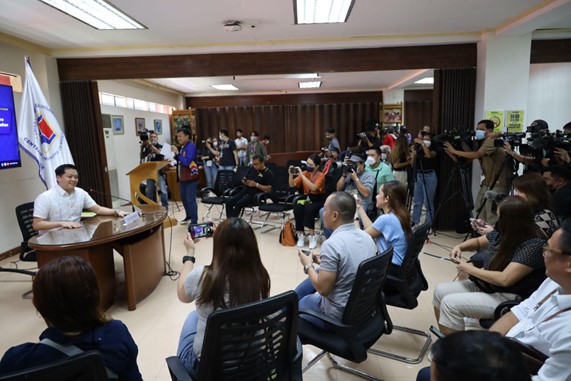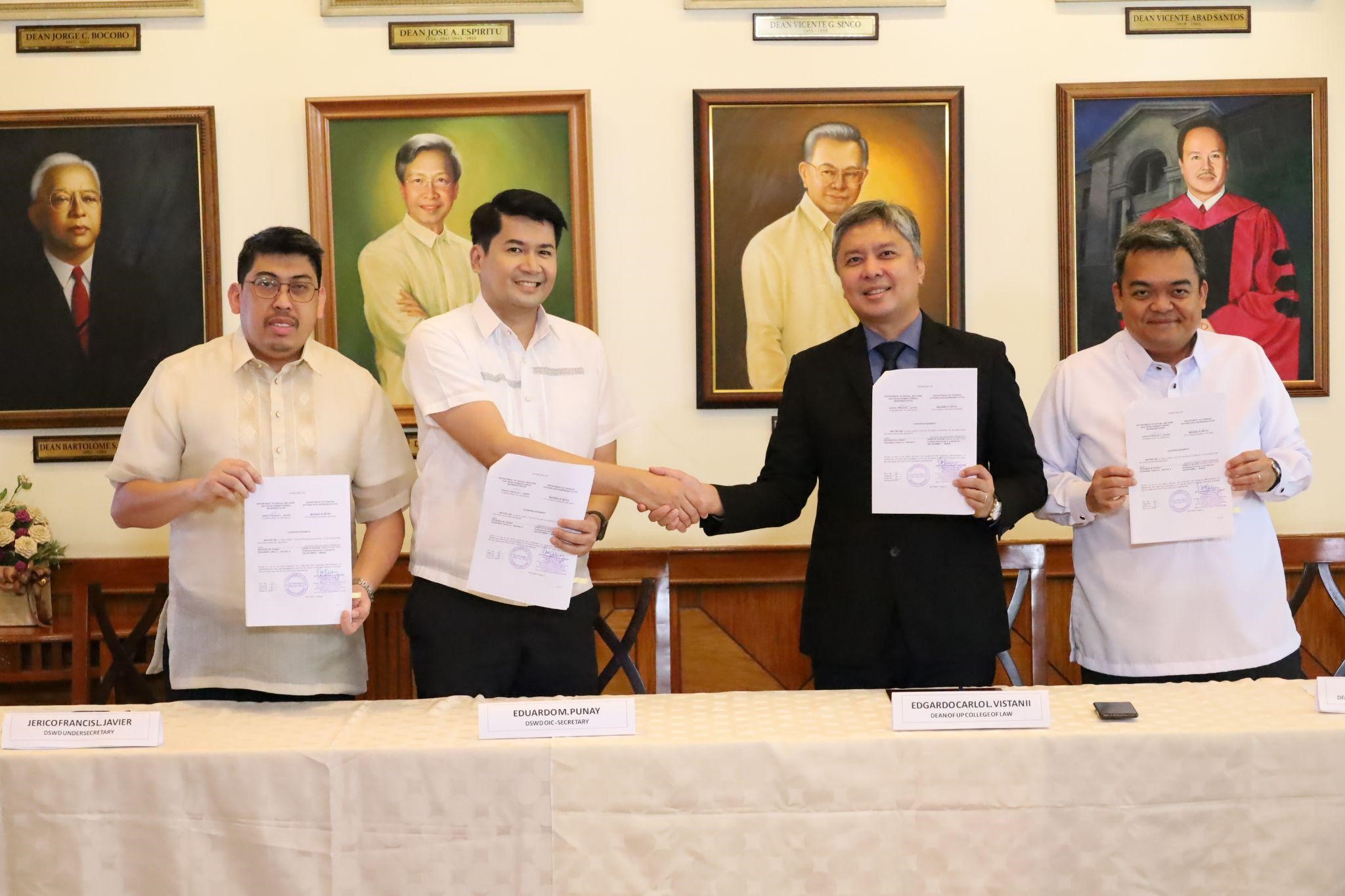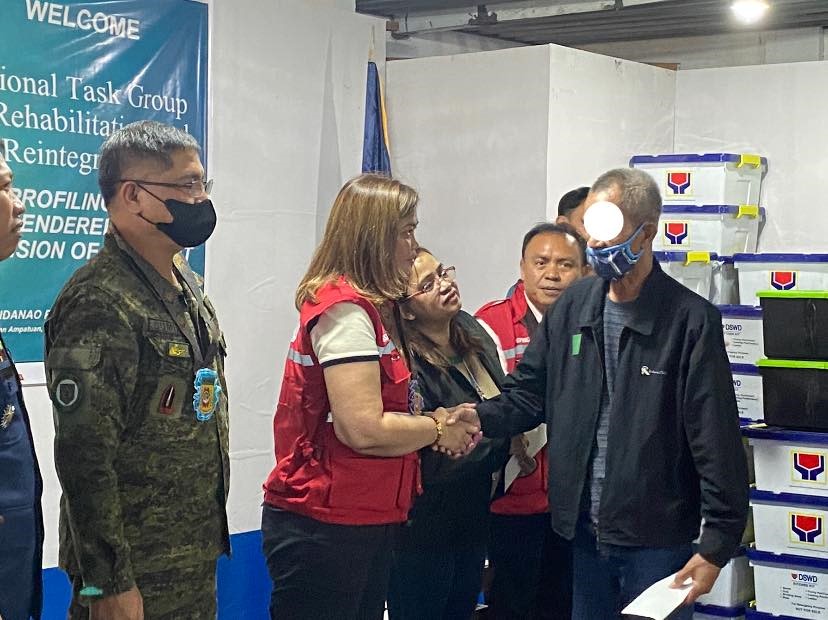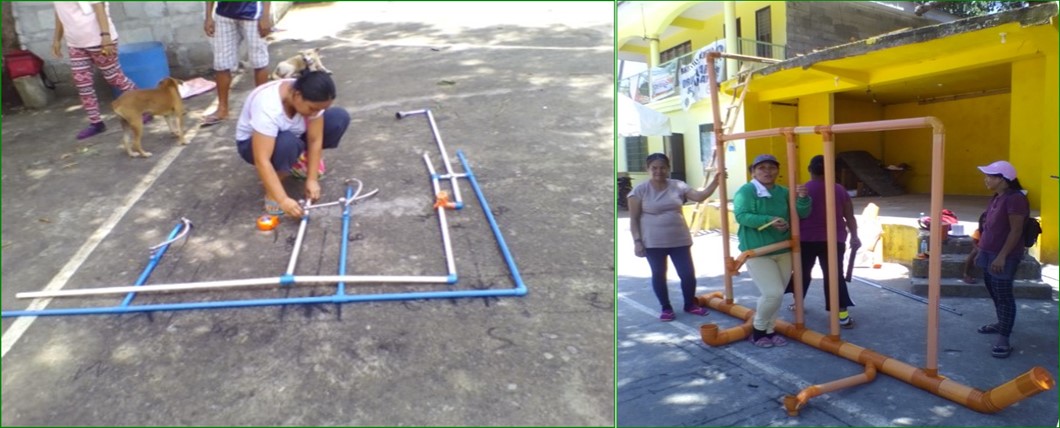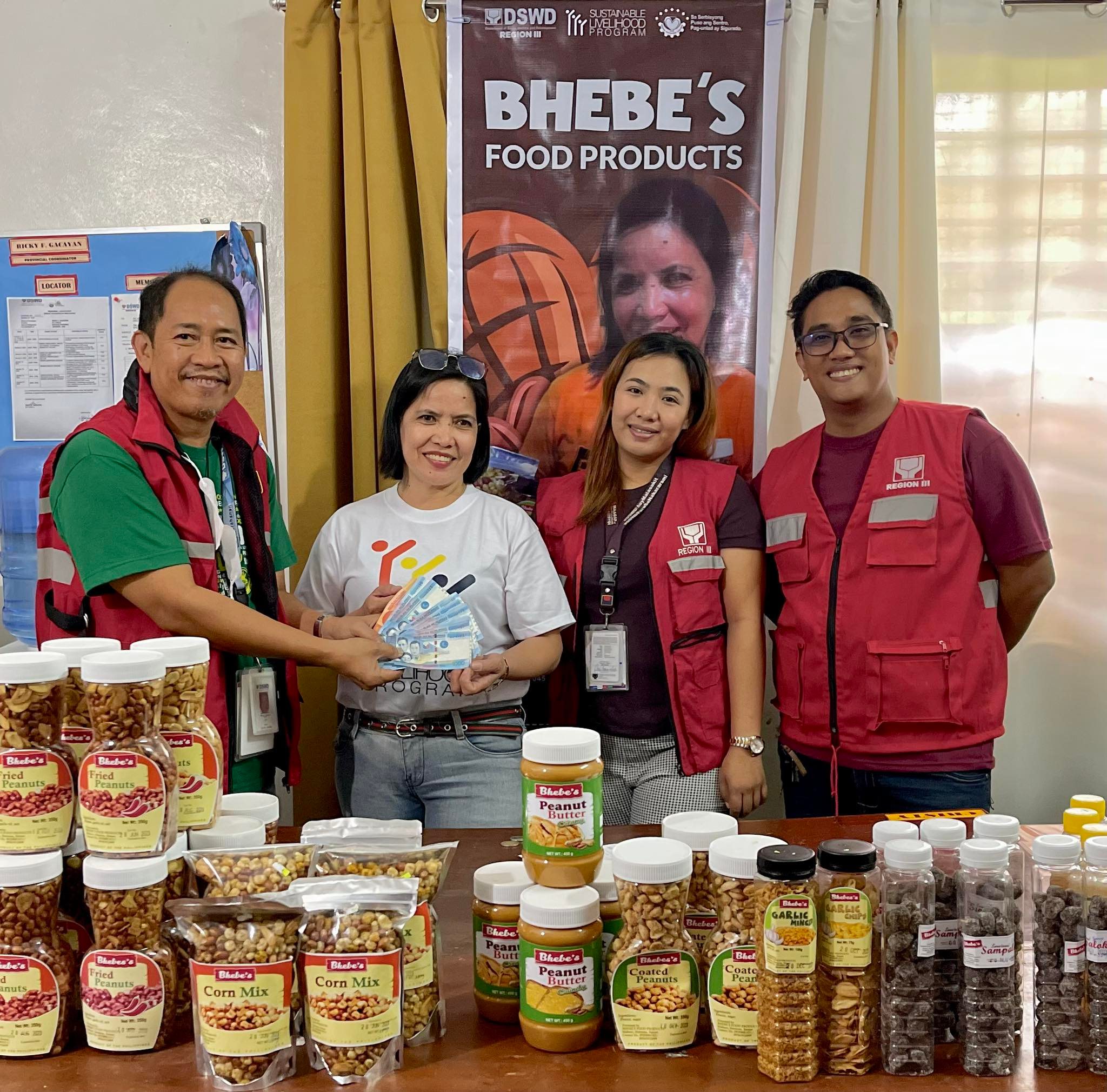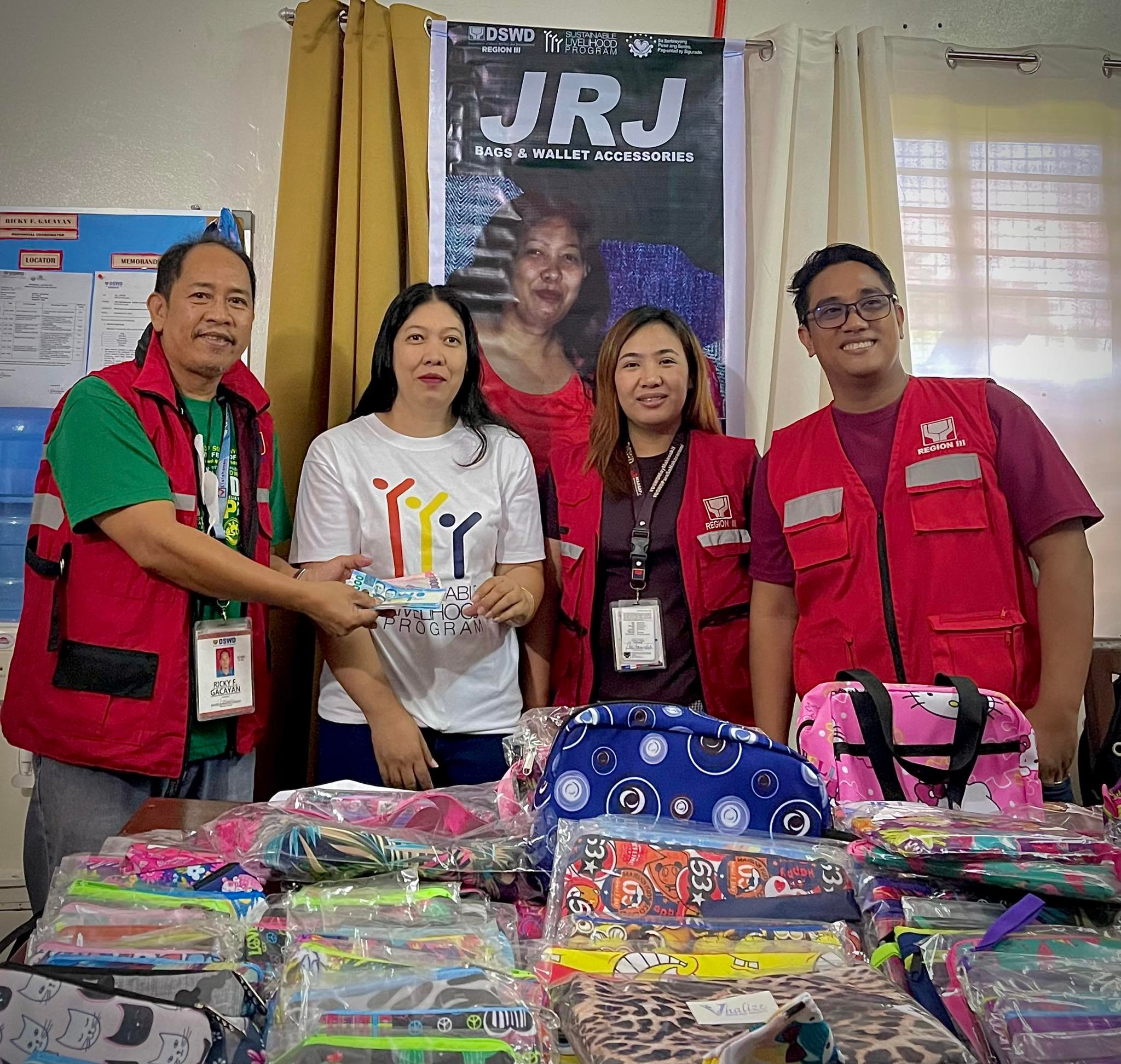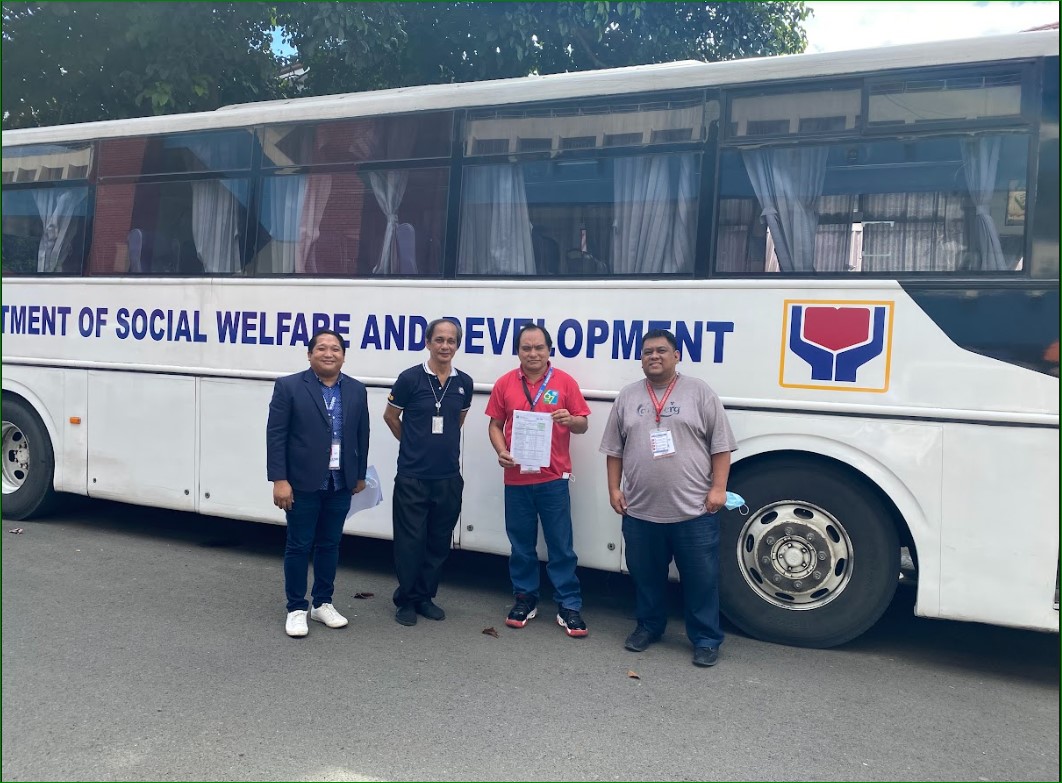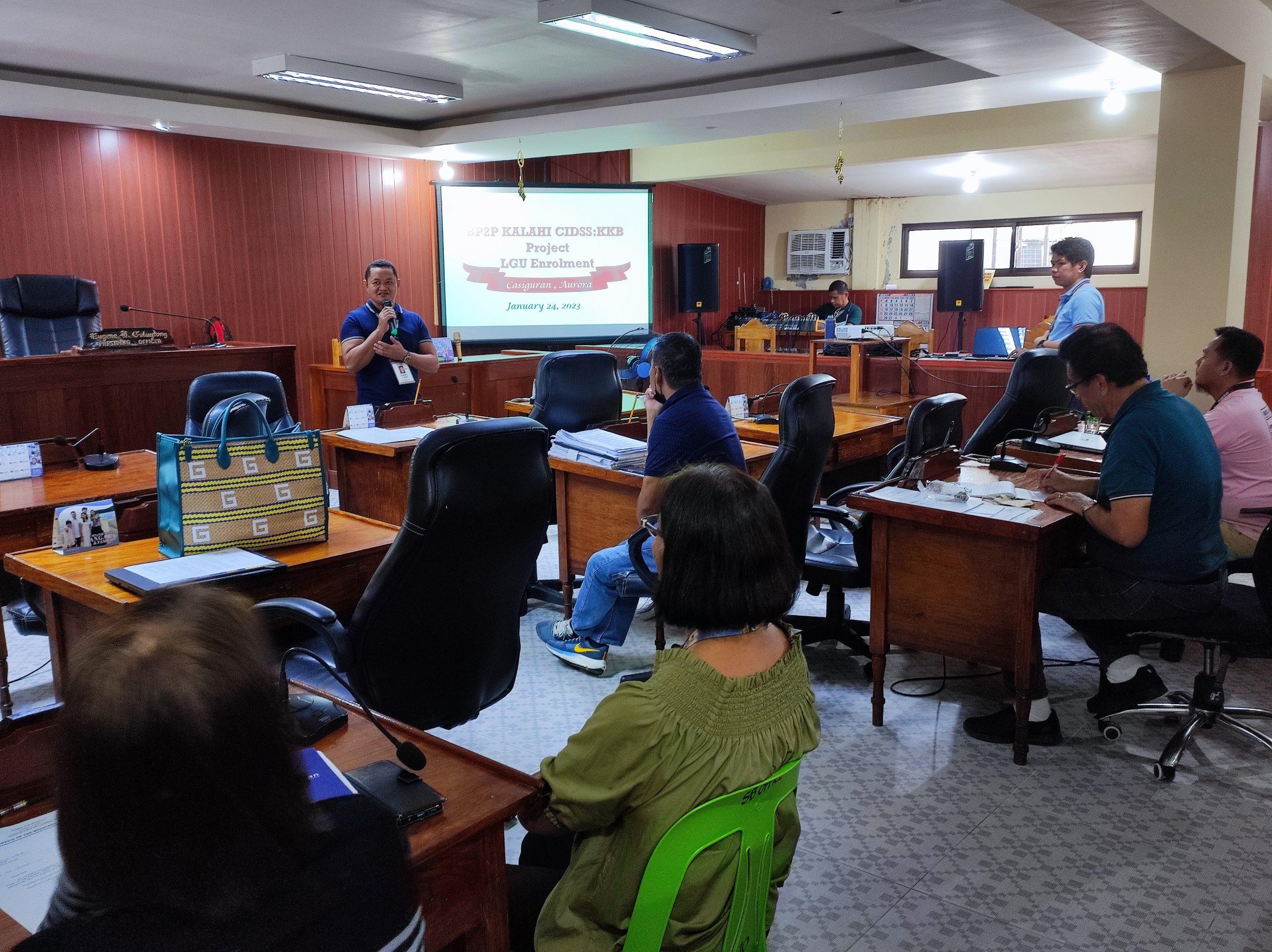DSWD Secretary Gatchalian shares thrusts, vision with members of the media
Newly appointed Department of Social Welfare and Development (DSWD) Secretary Rex Gatchalian outlined his major thrusts and priorities to improve the quality of service of the Agency for the poor and the vulnerable sectors, during his first press briefing on Friday, February 3, at the DSWD Central Office.
To better serve the clients, Secretary Gatchalian said that he will focus on further streamlining and digitizing the systems and processes of the programs and services being implemented by the Department.
Food stamps: aid with dignity
The Secretary also stressed that the priority is to address hunger in the fight against poverty. Secretary Gatchalian added the idea is to locate those in need and provide them food stamps, instead of food boxes, to avoid lining up in adverse conditions.
The Secretary, however, stressed that the concept is still being developed.
Strengthening systems and communication initiatives
Furthermore, Secretary Gatchalian also plans to set up logistics networks for relief goods and family food packs in strategic locations, even in the smallest and farthest areas in the country to provide immediate and prompt assistance to the families that will be affected by disasters and calamities. He also mentioned bringing the private sector in to help and contribute to the Department’s disaster preparedness and response operations.
To combat misinformation and to guarantee that clients and stakeholders will receive accurate and credible information, Secretary Gatchalian plans to strengthen the communication efforts of the DSWD by setting up BOT or automated software in the official communication channels of the Agency that will give real-time updates and announcements from the Department. He added that it is important to create a culture where the public will only rely on relevant and official channels for their source of information.
The Secretary also plans to visit the different Centers and Residential Care Facilities (CRCFs) of the DSWD to ensure that residents are being well taken care of and that there are enough social workers, house parents, and medical professionals to assist them.
The new head of the Department reiterated that he will work with the existing and competent workforce of the Department to ensure that the services of the DSWD will not be hampered.
Lastly, the Secretary said that the Department is currently working on perfecting the ideas/concept for the new programs and assured the media that he will share them once finalized. ###
